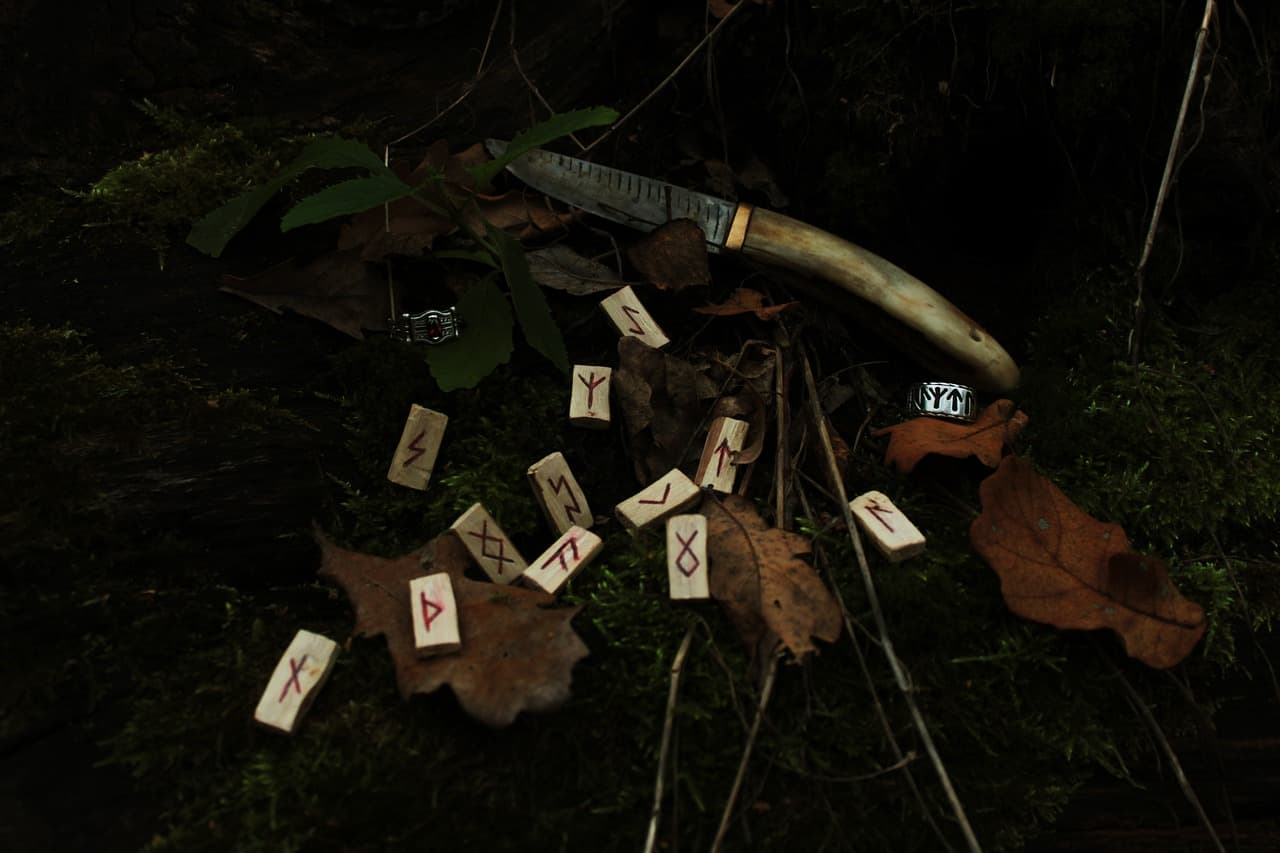
Frequently Asked Questions
What security measures does the Runes Protocol use?
The Runes Protocol employs the same security framework as Bitcoin, including UTXO model and commit-reveal schemes to prevent frontrunning.
Can I create my own token on the Runes Protocol?
Yes, you can create your own token using RunesEtcher, setting parameters like token name, symbol, and supply.
How does the Runes Protocol differ from other token protocols?
The Runes Protocol is UTXO-based, does not rely on off-chain data, and integrates directly with the Bitcoin blockchain, ensuring higher security and decentralization.
What upcoming projects are launching on RunesPad?
You can see the upcoming launches listed on RunesPad or on the main Runesterminal page.
What are the benefits of holding $Runi?
Holding $Runi allows you to participate in IDOs on RunesPad, with higher allocations based on your tier. In the future it is also used on RunesScan.
Where can wRUNI be traded?
You can trade wRUNI on Uniswap and on Bitmart.
What is the wrapped $Runi (wRUNI) contract address?
The contract address for wrapped $Runi (wRUNI) is 0xEC56840be7C495CBf98c0157B458cD207Ff85Da1 on the Ethereum Blockchain.
What is a wrapped Runi (wRUNI)?
Wrapped Runi (wRUNI) is an ERC-20 token representing $Runi on the Ethereum blockchain, allowing for easier trading and integration with Ethereum-based platforms.
What is RunesBook?
RunesBook is a comprehensive wiki that provides detailed information about the Runes Protocol, its usage, and its ecosystem. Visit book.runesterminal.io for more details.
How does the tier system on RunesPad work?
The tier system is based on the amount of $Runi you hold. Higher tiers allow for greater participation and allocation in IDOs. The details will be published soon.
How do I participate in an IDO on RunesPad?
1. Create an account on RunesPad. 2. Acquire $Runi from supported exchanges to have a level. 3. Follow the whitelisting process. 4. Contribute USDT on Binance Smart Chain via MetaMask during the IDO. 5. Receive your tokens in your Bitcoin wallet (Unisat Wallet, MagicEdenWallet, Xverse Wallet) once the contribution period is complete.
How can I acquire $Runi tokens?
$Runi tokens are available for trading on [Gate.io](https://gate.io/de/trade/RUNI), [MEXC](https://mexc.com/de-DE/exchange/RUNI_USDT), and [BitMart](https://bitmart.com/trade/en-US?symbol=RUNI_USDT).
How do I create an account on RunesPad?
Visit runespad.io and follow the registration process to create an account. You need to have an EVM Wallet (like Metamask) and a Bitcoin Wallet that supports Ordinals (like Xverse, Unisat, MagicEden Wallet) to connect the first time.
What is $Runi?
$Runi is the native utility token of RunesTerminal, used primarily for participating in Initial DEX Offerings (IDOs) on RunesPad.
What is RunesEtcher?
RunesEtcher is a tool that allows users to create their own runes (tokens) on the Runes Protocol. Visit etch.runesterminal.io to create your own token.
What is crowdfunding/private sale?
Crowdfunding in the context of cryptocurrency involves raising funds for a blockchain project by selling tokens to a large number of investors, typically before the project is fully developed. A private sale is a fundraising event where tokens are sold to a select group of investors, often at a discounted rate and before any public sales, providing early access and potential incentives to these initial supporters.
What is an Initial DEX Offering (IDO)?
An IDO is a fundraising method where blockchain projects launch their tokens directly on a decentralized exchange (DEX), enabling instant trading and increased liquidity for investors. Launches on launchpads are also called IDO, but that's not really correct.
How does the launchpad work?
The launchpad allows users to participate in token sales of promising projects by purchasing BTC Runes, which they can use to invest in Initial DEX Offerings (IDOs) hosted on the platform.
What is BtcTerminal?
BtcTerminalis an infrastructure provider for the Runes Protocol, offering tools like RunesPad (a launchpad), RunesScan (a runes explorer), RunesEtcher (for creating runes), and RunesBook (a wiki).